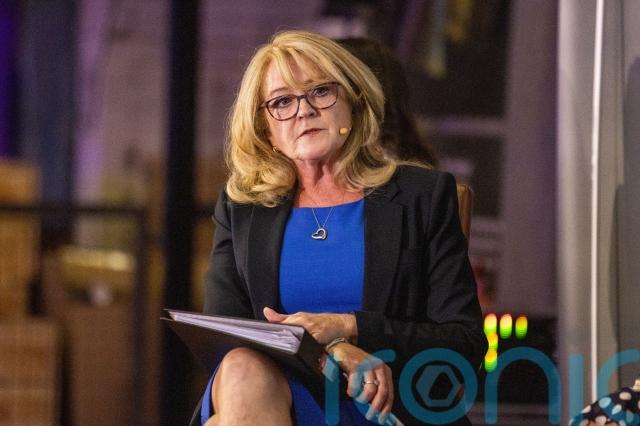
Fair employment legislation in Northern Ireland remains relevant despite census results showing a continued growth in the middle ground, MPs have been told.
Geraldine McGahey, the chief commissioner of the Equality Commission for Northern Ireland, said now is not the time to “play about” with anti-discrimination laws that compel employers to monitor the religious composition of the workplace and take steps to address underrepresentation.
Ms McGahey stressed the ongoing importance of the Fair Employment and Treatment Order (FETO) as she gave evidence to the Northern Ireland Affairs Committee about the implications of the latest census results.
Census 2021 showed that Catholics outnumber Protestants in Northern Ireland for the first time since the partition of the island.
The data published in September showed 45.7% of the region’s population were either Catholic or brought up as a Catholic, while the figures for Protestants (and other Christian faiths) was 43.5%, and 1.5% were from non-Christian religions.
The census also showed that 9.3% of the population did not belong to any religion or were not brought up in any religion – up from 5.6% in 2011.
Census figures on national identity showed that 31.9% said they were British-only, 8% deemed themselves British and Northern Irish, 29.1% were Irish-only, and those identifying as Northern Irish-only was 19.8%.
Committee chairman Simon Hoare asked Ms McGahey to comment on the growth of the “third group” in Northern Ireland that do not identify with the two traditional community blocks.
“I think one of the things that has been getting a little bit of momentum and public discourse would be the relevance of the Fair Employment and Treatment Order,” she said.
“The commission is firmly of the view that that piece of legislation is still relevant in Northern Ireland society.

“It’s still very relevant, regardless of the fact that there is this growing middle ground, because it is about how people are perceived in terms of their community background, so we think it’s still very relevant.
“Now is not the time in Northern Ireland society to play about with that. It has provided a very strong driver for change over the years in Northern Ireland.
“And if one section of the community is starting to move above another (in terms of size), it is not about redress, it’s about the continued fair participation of people in our society. So that is why I’m saying that particular issue is still very relevant.”
Alliance MP Stephen Farry asked Ms McGahey if some areas of the law could be modified.
She said the commission would like to see it include a requirement to monitor the proportion of ethnic minorities in the workforce.
The chief commissioner suggested work ongoing at Stormont to amend the Race Relations Order in Northern Ireland may see developments in that area.
“I think our recommendation in relation to FETO might be superseded on that, but until we get the final documentation, the consultation that’s coming out on that, until such times as we see how they’re going to do it, we will continue to recommend that FETO is amended to include racial minorities,” she told MPs.
Subscribe or register today to discover more from DonegalLive.ie
Buy the e-paper of the Donegal Democrat, Donegal People's Press, Donegal Post and Inish Times here for instant access to Donegal's premier news titles.
Keep up with the latest news from Donegal with our daily newsletter featuring the most important stories of the day delivered to your inbox every evening at 5pm.